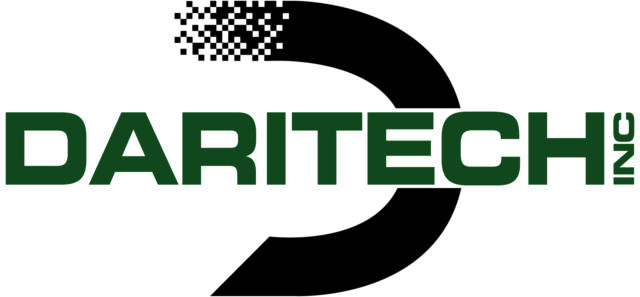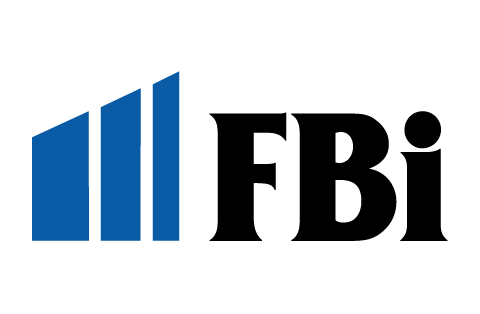I was living in Ireland in 2009 when the latest world dairy crisis hit. Farmers there – many of them small – suddenly had to figure out how to find extra income to remain solvent. I would be swept up in the same spirit of necessary venture capitalism.
The masters program had finished, the student loans had run out, and the rent was due. Jobs were unlikely for the Irish, and impossible for a foreigner.
For bar positions, I handed in CVs (resumes) that said I had 10 years experience and thanked them in a fake accent, although I never poured a pint.
Nor did most of the other hundreds of people that also handed in CVs. The one lead I thought I had turned out to be a pyramid scheme involving toiletries.
It probably wasn’t my last 25 euros, but I couldn’t have had too much more than that when I passed the local Aldi’s. It was mostly known for, at least in my circles, having five-euro bottles of wine.
In Ireland, that’s the cheapest alcohol to be found. I knew I should have thought about what I was about to do, but instead I rushed into the store before I could change my mind.
Bars close at midnight and clubs at 2 a.m. After you’re pushed out the door at 2:15, there is no place to buy alcohol in Galway except from the Chinese Takeaway, where they would put wine in a brown bag as long as you didn’t ask for it explicitly and the police weren’t standing outside.
At 1:30 a.m., I stood at the start of a dark alley several doors down from the Wine-ese, as they were called. My duffle bag, lumpy with bottles tucked under old shirts, sat at my feet.
A girl was the first to pass by. “Want some wine?” I tried to choke out, but all the words didn’t make it. She jumped.
She took one look at me and scuttled away, her arms swinging like a pinwheel. Several more people would pass before I could force myself to try again.
My post, as it were, was across from a club in Galway. Outside it stood a tall Lithuanian bouncer that no one knew but everyone recognized. He stared at me blankly from across the street. When he saw me talk to the girl, he disappeared into the building.
Fifteen minutes later, the police came around the corner. The Lithuanian was back again. I nearly expected him to point at me.
I quickly dug out my cell phone and stuck it to my ear, kicked the bag into the shadows and eased further down the alley. I did not turn to see if they were looking my way. I only know that they didn’t stop.
I reluctantly pulled the bag closer to the street again and wiped my forehead on the front of my shirt. I barely had a chance to breathe a sigh of relief when I heard my name. I turned to find a German girl I knew standing next to me.
“Ryan,” she said. “Why do you have a duffel bag on the street at two in the morning?”
“It’s weird, isn’t it?”
I stood there, nodding my head. There was silence, except for muffled techno music. Apparently, she wanted an answer.
“Actually, I just got back from traveling, and I don’t have my keys. I’m just waiting for my housemate to come out of the club so I can go home.”
When she finally left, I pressed my forehead against the brick building next to me and exhaled. I wanted to go back to the house, badly. I felt the eyes of the Lithuanian on me but no longer dared to look back. I heard someone pass by. “Want some wine?” I mumbled, half-ironically.
The person stopped.
It was a kid my age, wearing shorts. He stared at me and then at the duffel bag.
“Do you have Buckfast?” he asked, shifting his weight uncomfortably.
“Just wine. Red and white.” And then, I don’t know why, I added, “Good stuff.”
His face was pale. Both of us avoided eye contact. He hesitantly handed me a 10-euro bill, and I awkwardly took it.
As he hurried down the street with the bottle cradled in his arm, the Lithuanian bouncer disappeared again. That was enough for me. I went home.
Back at the house, my flatmate, Tristan, was still awake. We drank the remaining four bottles to celebrate my sale. I eventually borrowed money from my sister for a flight back to the farm.
Now, when my parents talk about innovative ways to make extra income, I am mostly silent. Being the son that has gone out into the greater world and returned, I can pretty much only offer this: We’re probably more cut out for the fields than the streets. PD
Dennis is the son of a dairy farmer from western New York and a literary writer. The Dennis family dairies and maintains a 100-plus cow herd of Holsteins and Shorthorns.

-
Ryan Dennis
- Columnist
- Email Dennis





